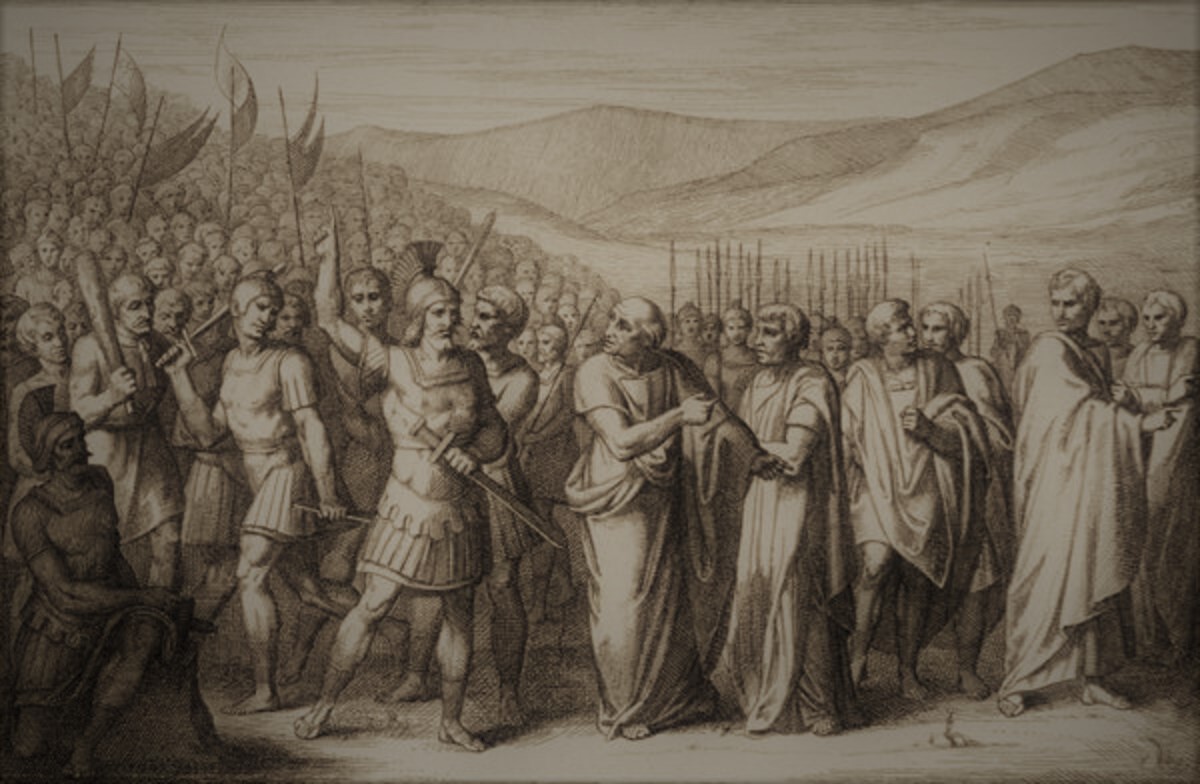

The Court runs a Trust Fund for Victims, financed through voluntary contributions to provide support for victims and their families.

They may participate in proceedings before the Court from the very first stage and may be awarded reparations. The Rome Statute grants important rights to victims of atrocities, which often affect numerous people. The Court is governed by the Assembly of States Parties with a representative body, the Bureau, to assist the Assembly in discharging its responsibilities. The International Criminal Court is composed of multiple organs: the Presidency, the Chambers (consisting of the 18 judges), the Office of the Prosecutor, and the Registry. The States Parties to the Rome Statute have a duty to cooperate fully with the Court, as do all other UN member states in case of referral by the UN Security Council. It determines individual criminal responsibility, i.e. Since the International Criminal Court exercises complementary criminal jurisdiction, it can only intervene where states are unwilling or unable to do so.

The Ljubljana-Hague Convention on international cooperation in the investigation and prosecution of international crimes, recently negotiated as part of the Mutual Legal Assistance and Extradition Initiative, will enable countries to prosecute these crimes more effectively. It is complementary to national courts, which exercise primary criminal jurisdiction over international crimes. The International Criminal Court investigates and prosecutes individuals for genocide, war crimes, crimes against humanity and the crime of aggression. The negotiations held from 15 to 17 July involved delegates from over 160 countries, representatives of the UN specialised agencies, programmes, and working bodies, as well as members of several international and civil society organisations. Following the trials in Nuremberg and Tokyo and based on previous experience with ad hoc tribunals, for example the tribunals for Rwanda and the former Yugoslavia, the UN General Assembly, after years of preparatory work, decided to convene a diplomatic conference in Rome. The idea of a permanent international criminal tribunal first emerged when the UN was established and continued to grow.


 0 kommentar(er)
0 kommentar(er)
